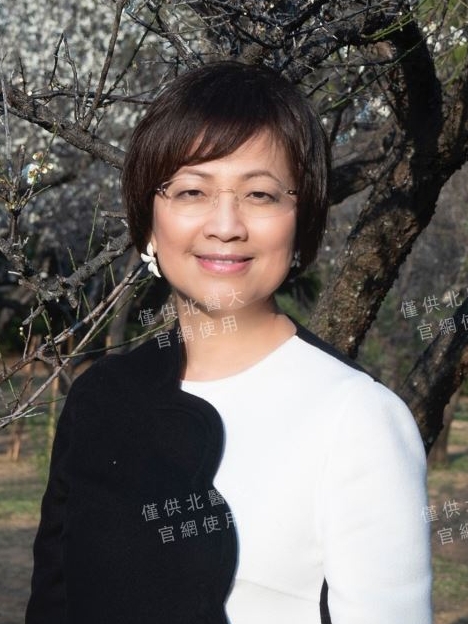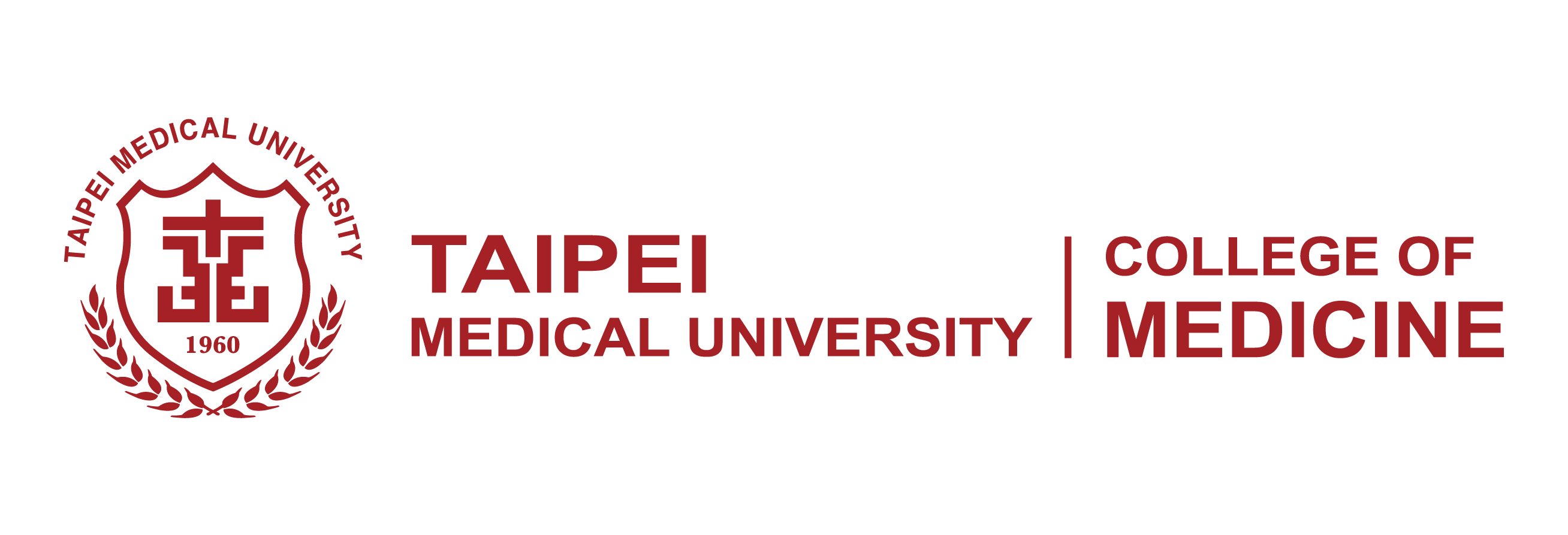Research | Departments
Research
Departments
Research | Departments
Research
Departments

Email | luisa@tmu.edu.tw
Profile | Academic Hub/Pure Experts
Professor
Spanish
Prof. Luisa Shu-Ying Chang, current Vice President (August-2023-) of Taipei Medical University (TMU) and President of Asociación Taiwanesa de Hispanistas (ATH), specializing in contemporary Spanish and Latin American literatureshe has carried out research for many years in such related fields as movie and literature, Latin American magical realism, travel and picaresque literature, gastronomy and literature, erotic literature, modernist poetry, theory and practice of translation. Currently she belongs to two research groups on sinology studies and Spanish-Hokkien (Taiwanese) manuscripts studies.
Luisa Shu-Ying Chang.
“Cuna e incubadora de talentos: enseñanza del español en el Departamento de Lenguas y
Literaturas Extranjeras de la Universidad Nacional de Taiwán”
Dossier del I Congreso de la ATH y 60 años del hispanismo en Taiwán, Journal of Monsoon Asia Studies, octubre de 2023, págs. 157-170.
Abstract
Small cell lung cancer (SCLC) is among the most aggressive and lethal human malignancies. Most patients with SCLC who initially respond to chemotherapy develop disease relapse. Therefore, there is a pressing need to identify novel driver mechanisms of SCLC progression to unlock treatment strategies to improve patient prognosis. SCLC cells comprise subsets of cells possessing progenitor or stem cell properties, while the underlying regulatory pathways remain elusive. Here, we identified the isoform 1 of the neurogenesis-associated protein ASPM (ASPM-I1) as a prominently upregulated stemness-associated gene during the self-renewal of SCLC cells. The expression of ASPM-I1 was found to be upregulated in SCLC cells and tissues, correlated with poor patient prognosis, and indispensable for SCLC stemness and tumorigenesis. A reporter array screening identified multiple developmental signaling pathways, including Hedgehog (Hh) and Wnt pathways, whose activity in SCLC cells depended upon ASPM-I1 expression. Mechanistically, ASPM-I1 stabilized the Hh transcriptional factor GLI1 at the protein level through a unique exon-18-encoded region by competing with the E3 ligases β-TrCP and CUL3. In parallel, ASPM-I1 sustains the transcription of the Hh pathway transmembrane regulator SMO through the Wnt-DVL3-β-catenin signaling axis. Functional studies verified that the ASPM-I1-regulated Hh and Wnt activities significantly contributed to SCLC aggressiveness in vivo. Consistently, the expression of ASPM-I1 positively correlated with GLI1 and stemness markers in SCLC tissues. This study illuminates an ASPM-I1-mediated regulatory module that drives tumor stemness and progression in SCLC, providing an exploitable diagnostic and therapeutic target.
Luisa Shu-Ying Chang.
“El aprendizaje del español por parte de los sangleyes según un manuscrito de la Herzog August Bibliothek”
Boletín de la Real Academia Española, BRAE · t. cii · c. cccxxv · 2022 · págs. 105-144 · issn 210-4822. (MOST-109-2410-H-007-006-MY2) (A&HCI) (JCI 16/109)
Santander Oliván, Mario; Lu, Lucía Lo Hsueh; Chang, Luisa Shu-Ying.
“Diplomas de Español como Lengua Extranjera (DELE B1-B2): estudio basado en tres universidades de Taiwán”
Hispania 105.2 (2022): pp. 245–266 (AATSP, Johns Hopkins University Press) ( SSCI ; A&HCI) (JCI 84/372)
Luisa Shu-Ying, Chang (2021.11)
Reconsideración sobre el cuento hispanoamericano y su influencia en la literatura chino-taiwanesa
The Korean Journal of Hispanic Studies, 14(2), 89-121. (MOST-106-2410-H-002-040-MY2).
Sanmao: una escritora viajera, soñadora y humana
Dossier Sanmao, Encuentros en Catay, 33 (julio 2020): 191-229。(NSC 96 – 2411 – H – 002 – 064 – MY3)







 Total Users : 234532
Total Users : 234532
